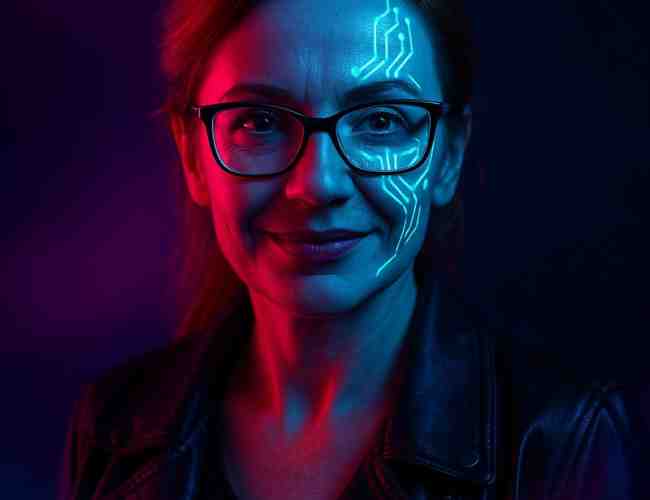How Psycore works
Medicine and psychology prooved
Use of AI
- Fully private
- Local processing
Facial analysis
FACS + AI
- Emotion recognition
- Interpretation of facial muscle activity
- Emotion analysis
Self-therapy
- Proven therapeutic tools
- Increasing patient awareness
- Screening tools for measuring psychological variables
Patient dashboard
- Progress monitoring
- Mood barometer
- Suggested therapists
Psycore
More than an app
- It's an early warning system for emotional breakdown
- It's your digital guardian angel
- Analysis of user expressions and microexpressions
- Mood control and access to therapeutic tools
- AI integration in the therapeutic model
- Join us!

Why Psycore
Economic pressures, regulatory clarity, technological advances, and shifting cultural attitudes are converging to create an unprecedented opportunity for AI-powered mental health solutions.
Economic
- Low scalability costs
- Rising expenditures on mental health
Political
- Final version of the AI Act allows the use of AI in medical and therapeutic tools
- Growing interest in mental health among public institutions and healthcare providers
Technological
- Broad smartphone availability
- AI performs well in mood analysis
Cultural
- Increased openness to talking about emotions
- Promotion of well-being
- Growing pseudo-psychological awareness and emotional vocabulary
- 39% of respondents see AI as helpful in emotional support and life presence
Demographic
- Aging society creates demand for supportive tools
- Increase in loneliness among youth and seniors
A crisis that costs
thousands of lives
- 73.6% of adults in South Korea report symptoms of stress, anxiety, or depression in 2024.
- In South Korea, more than 460,000 adults experienced stress and a depressive episode in the past year.
- Every day in South Korea, 38 people die by suicide—13,770 people per year—the highest rate in the OECD.
- Worldwide, that’s 720,000 suicides per year.
- The average waiting time for therapeutic help is three months.
- WHO: Worldwide, 301 million people suffer from anxiety disorders (4% of the global population).

Our team People and technology
Our team includes experts in an advanced technological solutions
We develop responsibly, in compilance with the law, with full respect for privacy and user well-being
We have market experience and the ability to translate knowledge into real, scalable solutions

Katarzyna Nakielska-Pawluk
Sociologist HR BP, PM2

PhD in Medical Sciences Oskar Wróblewski
Psychologist, Lawyer, Economist

Krzysztof Wiśniewski, MBA
IT Architect
720000
suicides per year worldwide
460000
episodes past year
13770
suicides per year
301
million suffer from anxiety